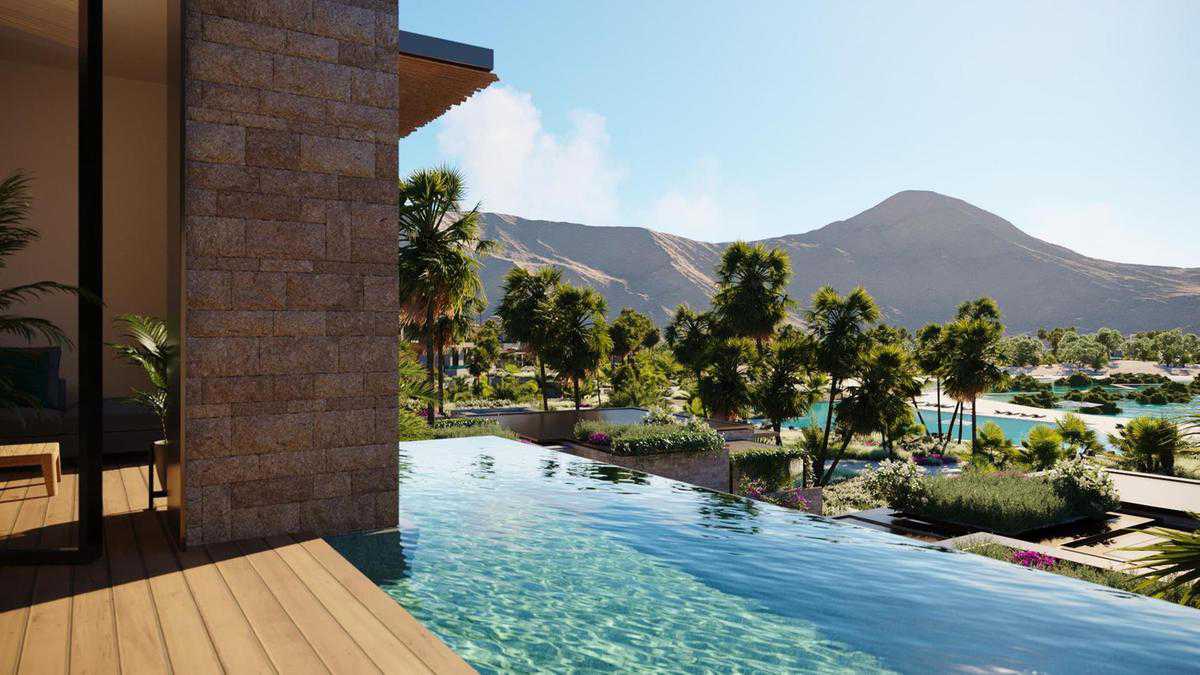PIF's Amaala clubs up with federal government entity with plans to harness emerging technologies
01 March, 2021

Amaala, the mega-task along the Crimson Sea in Saudi Arabia’s Tabuk province, joined forces with the Saudi Federation for Cyber Security, Development and Drones (SAFCSP) to look at emerging technologies in artificial intelligence and beef up its cyber reliability framework.
As part of the agreement, Amaala, a Open public Investment Fund company, will leverage AI, drones and computer programming, the entities said in a joint statement on Monday.
“The adoption of technology is integral to realising the ambitions of Amaala,” John Pagano, Amaala’s leader, said.
The partnership will make Amaala “identify and adopt ground-breaking technologies, from AI to the web of Things” to make sure it is ready for future years, he added.
Located along Saudi Arabia’s north-western coast, Amaala borders metropolis of Neom and the Crimson Sea Project inside the Prince Mohammed bin Salman Normal Reserve.
Dubbed the 'Riviera of the center East', the production will contain 2,800 hotel rooms and 900 privately owned residential villas plus a retail area with 200 outlets.
The undisclosed initial funding for the project is provided by the kingdom’s sovereign wealth fund PIF. The task includes a target completion time of 2028 and is normally projected to create up to 22,000 careers for the kingdom.
The latest pact is part of the kingdom's efforts in building and empowering national features in various technical fields, Muteb Alqany, leader of SAFCSP, said.
Besides joint training opportunities, the agreement might form the foundation of continued growth through scientific research that will elevate capacities in the fields of cyber reliability and technology, SAFCSP said in a statement.
Amaala may also feature an academy of the arts that aims to help expand develop young performers from Saudi Arabia and the broader location. The 3,000 square kilometre development, which will be spread across the three sites, could have its airport and target high class travellers.
Source: www.thenationalnews.com
